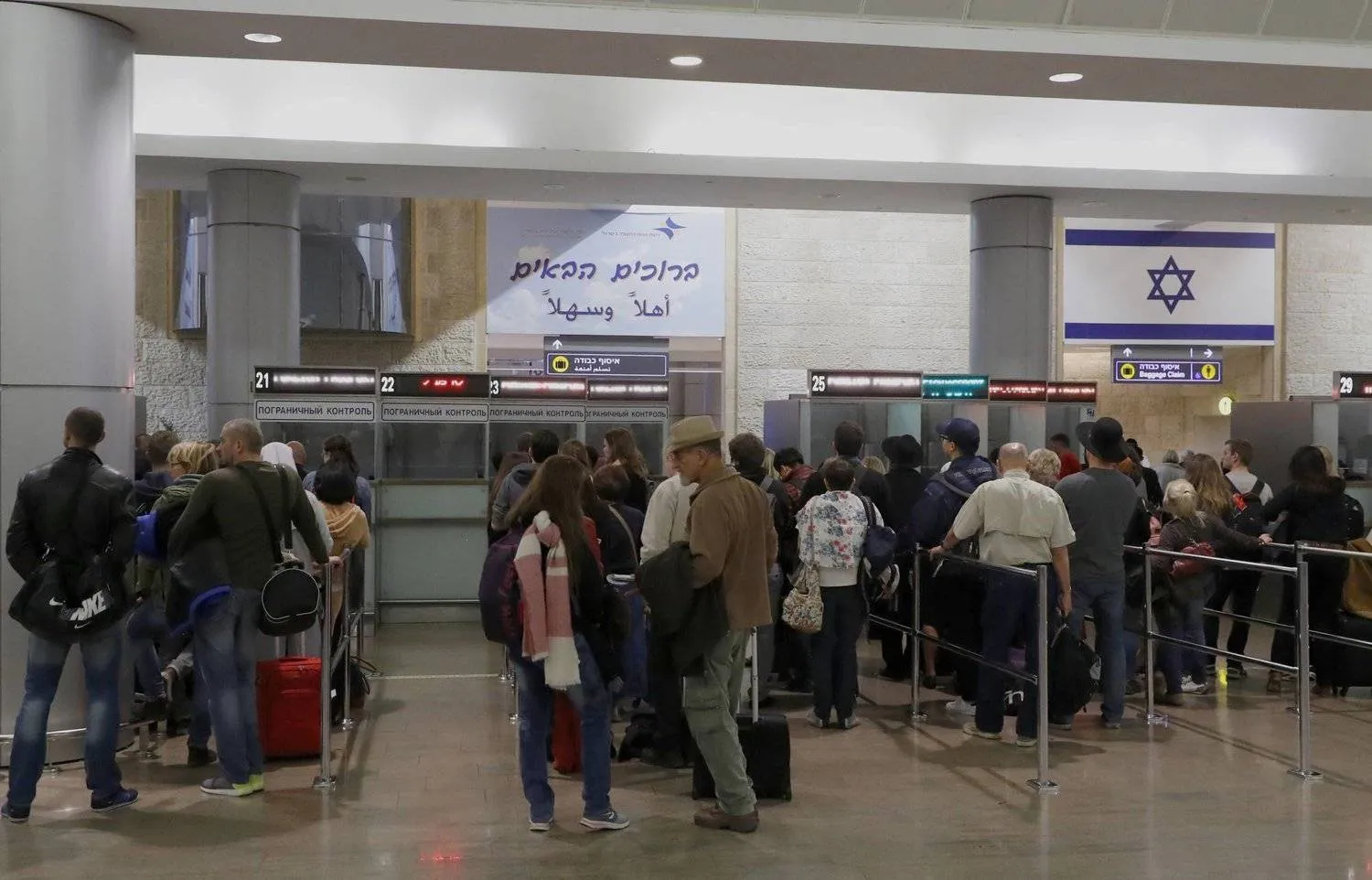The United States will test Palestinian-Americans' freedom of travel in Israel next month as part of preparations for proposed US visa exemptions for Israelis, an official briefed on the preparations said on Monday.
Israel has satisfied some conditions for the US Visa Waiver Program (VWP), to which it hopes to be admitted by October, Reuters said.
What remains is to demonstrate reciprocal access for Palestinian-Americans at Israel's borders and to the occupied West Bank.
Israeli Foreign Minister Eli Cohen told Ynet TV on Sunday that a "pilot program" to keep the country's VWP candidacy on track would be launched in mid-July. He did not elaborate.
An official briefed on the preparations said the pilot will entail a 30- to 45-day period during which US delegates will keep tabs on Palestinian-American travel through Ben-Gurion Airport and across West Bank checkpoints.
That could put fresh strains on Israeli forces amid violence in the West Bank, among the territories where Palestinians' statehood hopes have festered amid an almost decade-old impasse in US-sponsored peace talks.
The Biden administration has also locked horns with Israel's government over Jewish settlement policies in the West Bank.
The pilot will test access not only for US-domiciled Palestinian-Americans but also for those based in the West Bank.
"If you're a Palestinian-American living in Ramallah, this means you can spend up to 90 days in Tel Aviv (on an Israeli entry visa)," the official, who declined to be identified by name or nationality, told Reuters.
Asked how it would accommodate the pilot, the Israeli military referred Reuters to Israel's Interior Ministry, which did not immediately respond.
In an estimate that it says is based in part on US census data, the Arab American Institute Foundation puts the number of Palestinian-descended Americans at between 122,500 and 220,000.
Between 45,000 and 60,000 of them are in the West Bank, the official briefed on the VWP preparations said, adding that the pilot will not apply to the Hamas-ruled Gaza Strip, where a small number of Palestinian-Americans live.









